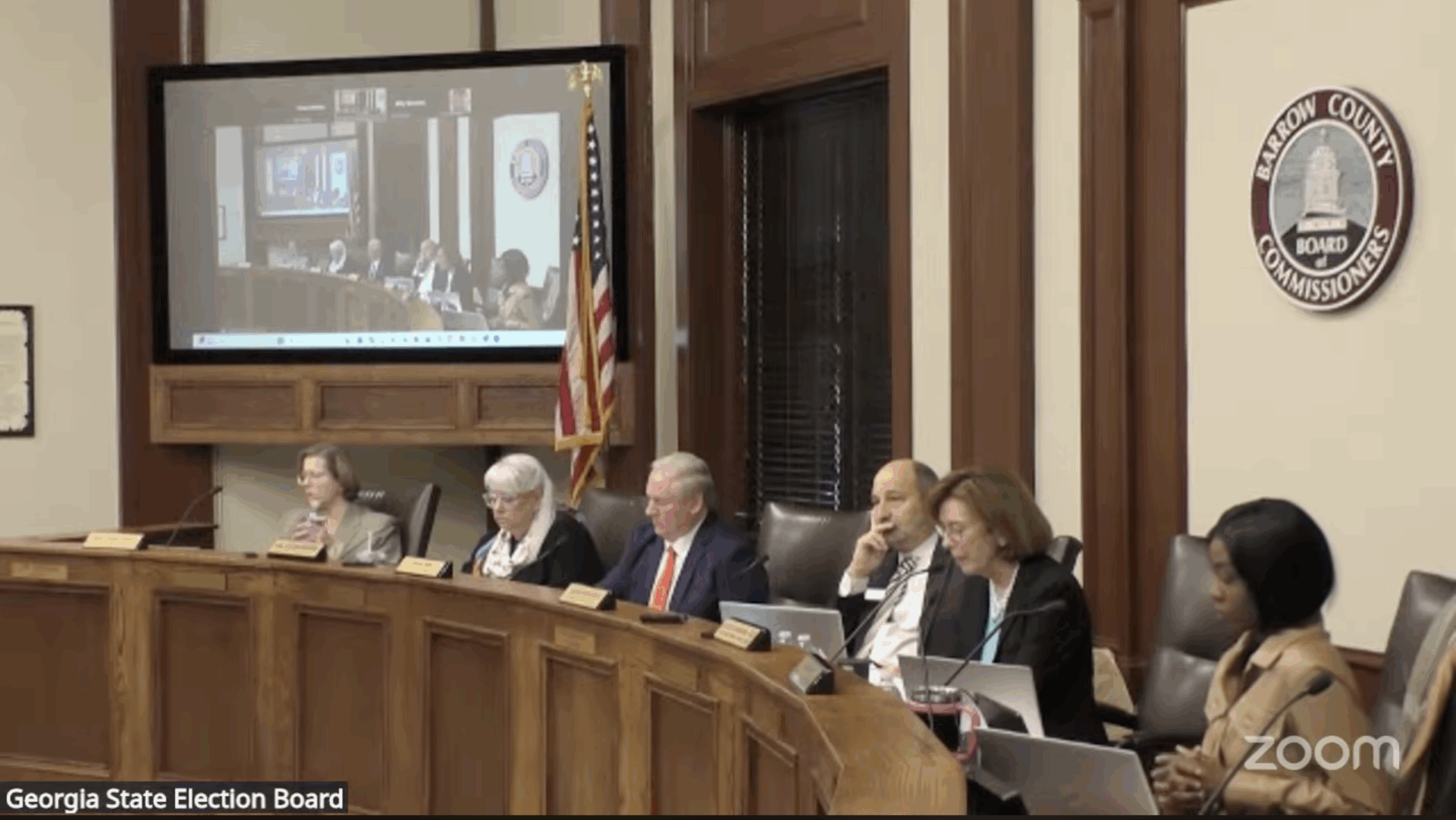North Carolina Elections Board Agrees To Prohibit Digital Voter IDs
the North carolina State Board of Elections (NCSBE) has confirmed that it will prohibit the use of digital voter IDs in upcoming elections. This decision follows a legal settlement reached with the Republican National committee (RNC) and the North Carolina Republican Party, who had sued the previous democrat-led board over its guidance allowing University of north Carolina students and employees to vote using digital IDs. the lawsuit argued that state law does not permit electronic identification as a valid form of voter ID, a position upheld by a state appellate court blocking digital ID use in the 2024 election.
As part of the settlement, the now Republican-controlled elections board agreed not to accept any electronic voter IDs unless the state legislature enacts a law permitting them. Republican board members emphasized the need to adhere to current law until any legislative changes occur. Meanwhile, Democratic members defended their prior authorization of digital IDs but acknowledged the court ruling must be followed.Some expressed that digital ID policies may evolve with advancing technology in the future.
this growth reinforces North Carolina’s current voter ID requirements, restricting acceptable forms to physical identification unless the state legislature decides otherwise.
North Carolina’s elections board confirmed it will not accept digital IDs as a valid form of voter identification in elections on Friday.
During a video conference, the North Carolina State Board of Elections (NCSBE) read through details of its court settlement with the Republican National Committee and the state GOP over a lawsuit the latter parties filed against the then-Democrat-run board last year, the Carolina Journal reported Friday. Last year, the RNC and North Carolina Republican Party alleged that the NCSBE’s guidance permitting University of North Carolina at Chapel Hill students and employees to use “digital” ID to vote in elections violated state law.
According to The Carolina Journal, as part of the settlement reached by the parties last month, the now-Republican-run state board has “agreed not to accept any ‘electronic identification’ as a voter ID unless the General Assembly approves a new law permitting that type of ID.” NC Election Board General Counsel Paul Cox “said that under the Open Meetings law, it is required that once a public body makes a settlement in a closed session, that settlement, once executed, has to be reported out at the next public meeting.”
According to the outlet, Republican NCSBE member Bob Rucho — who was appointed this year and months after the board’s initial vote to authorize the use of such IDs — “said that the board should be required to follow the law, and when the General Assembly allows for change or makes the change, they should institute it then.”
In their original lawsuit, the RNC and NC GOP argued that existing state law “does not allow the NCSBE to expand the circumstances of what is an acceptable student identification card, beyond a tangible, physical item, to something only found on a computer system.” While a trial judge initially sided with the board, a three-judge panel on the state’s appellate court subsequently blocked that order, prohibiting the use of digital IDs in the 2024 election.
During Friday’s meeting, the NCSBE’s Democrat members reportedly defended their 2024 votes authorizing digital IDs for UNC students and employees.
According to the left-wing North Carolina Newsline, Democrat Siobhan Millen claimed the prior board “made the correct decision to allow that ID,” but acknowledged that “the Court of Appeals order disagrees and we are bound to obey that.”
“I think with the way technology is changing with digital IDs that this will not be the last word on this subject,” Millen added. Democrat board member Jeff Carmon echoed her remarks, according to North Carolina Newsline and the Carolina Journal.
For more election news and updates, visit electionbriefing.com.
" Conservative News Daily does not always share or support the views and opinions expressed here; they are just those of the writer."




